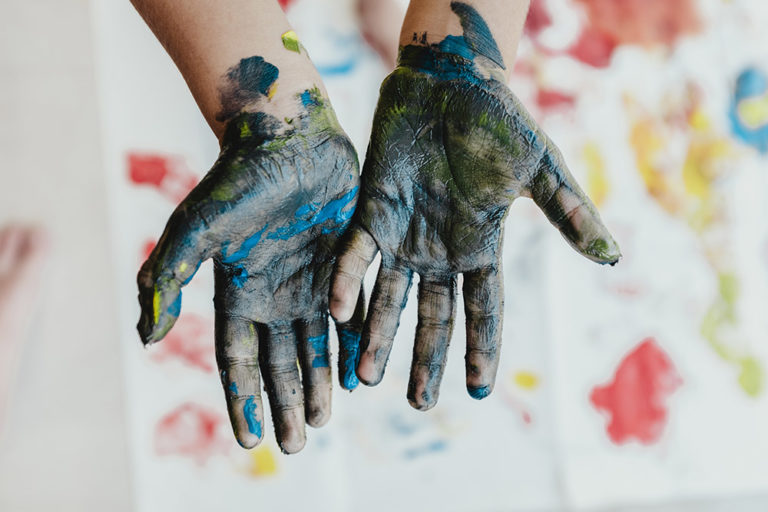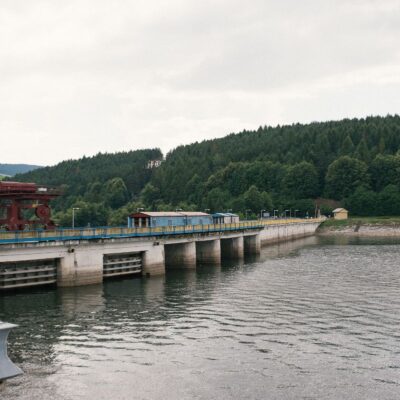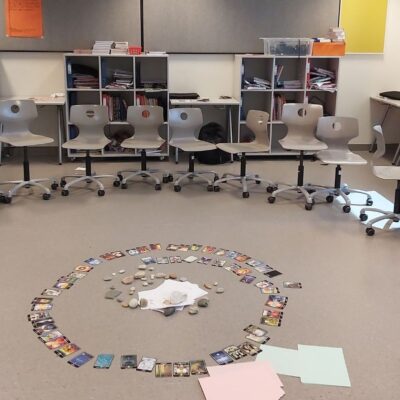
Not that long ago, my daughter spent a rainy afternoon drawing. She made drawings of fancy clothes, delicious cupcakes, unicorns, mermaids, and about everything else you'd expect a 10 year old to be inspired by. The stack of papers grew and grew, until I finally asked her what she was going to do with them all?
With a puzzled look on her face, she replied "Nothing."
"Nothing?" I asked. "But surely you are going to do something with them?"
"No, I'm drawing just to draw. But don't worry, I won't leave a mess. I will recycle them when I'm finished."
Somehow, as adults, many of us have lost that sense of purposeless play. Having fun for the sake of having fun. Creating something for the sake of creating it. Playing for the pure joy of playing. Spending a rainy afternoon drawing, coloring or painting just because you can.
Instead, as adults we usually play with a purpose in mind. Looking to get creative? It means signing up for a paint night so you have something good to hang on the wall. Wanting to experiment in the kitchen? It means baking to give a gift or wrangling the kids into the mix so you can check that parenting activity off the list. Exercise isn't hanging on the monkey bars or playing tag. Instead it's completing a program, achieving a weight liting (or weight loss) goal, or having trained enough to successfully participate in a race.
While it all might be a lot of fun, there's something vital missing in that purposeful play.
Why Purposeless Play is Important
Purposeless play, on the other hand, is a critical ingredient in personal health and balance. No matter what kind of work you do, being in your best state of health and balance means that you are more engaged, more productive, and find more enjoyment in what you do every day.
As a leader, work without play is a surefire recipe for burnout. The tricky thing is that play can sometimes become a kind of work as you focus on achieving goals, learning something new, or requring the thing you are creating to be good enough to display at home or give as a gift. So focusing on play without a purpose is important for developing greater health and balance.
Benefits of Free Play
We know that children who have ample free play time are more creative, better critical thinkers, are flexible and agile, more willing to experiment and think independently, are stronger and have better control over their physical bodies, and are better at self-regulation and conflict resolution. Some of these benefits are from the skills and capacities that are developed through purposeless play. Some of these benefits are also because free play offers opportunities to tap into pure enjoyment, discover new pleasures, and let go of the burdens, worries and stresses that might be present in life.
These benefits of purposeless play don't stop when you reach adulthood. Each of us can tap into it all to sustain those important skills and capacities while tapping into joy and pleasure on a regular basis.
In a world where it sometimes feels that you're doing something wrong if you're not busy doing "Something Important" from the moment your feet hit the floor in the morning until the moment your head hits the pillow at night, purposeless play is a simple way to pause the hustle and bustle on a regular basis to simply be for a little while.
How to Just Play
Purposeless play is easy - but you'll need to be vigilant about not letting purpose creep into your play. This is play that is just for the sake of enjoying yourself.
Take a page from my daughter and just create. Create shapes and forms with soft modelling clay that you squish back into a ball when you are done. Try painting on a Buddha board and watch your artwork evaporate. Gather materials from nature and form them into pleasing arrangement, then return the objects to nature or compost them when you're done.
If you play a sport, participate in a regular dance class, or any other kind of activity where you consistently pushing yourself to learn more (like a new choreography) or do better (like improving your personal or team record), consider how you might go back to the basics. Taking a beginner class where you can just focus on enjoying what you already have learned how to do is a great way to play. Invite a friend to shoot hoops (without keeping score).
Explore your world. Go hiking on a trail you've never been to before. Swim in a lake, enjoying the beauty around you. Watch the sun rise or set (or both).
The possibilities are endless. Choose play you love to do (or used to love to do as a child) and just get started.
Photo by Bernard Hermant on Unsplash
Author
-

Rachel Bolton is the Director of the Genuine Contact Program and Organization. She is also a Senior Consultant at Dalar International Consultancy. Rachel specializes in supporting small business, team and project start-up with a focus on building solid foundations for long-term success. Visit her website to learn more.
View all posts









Leave a Reply